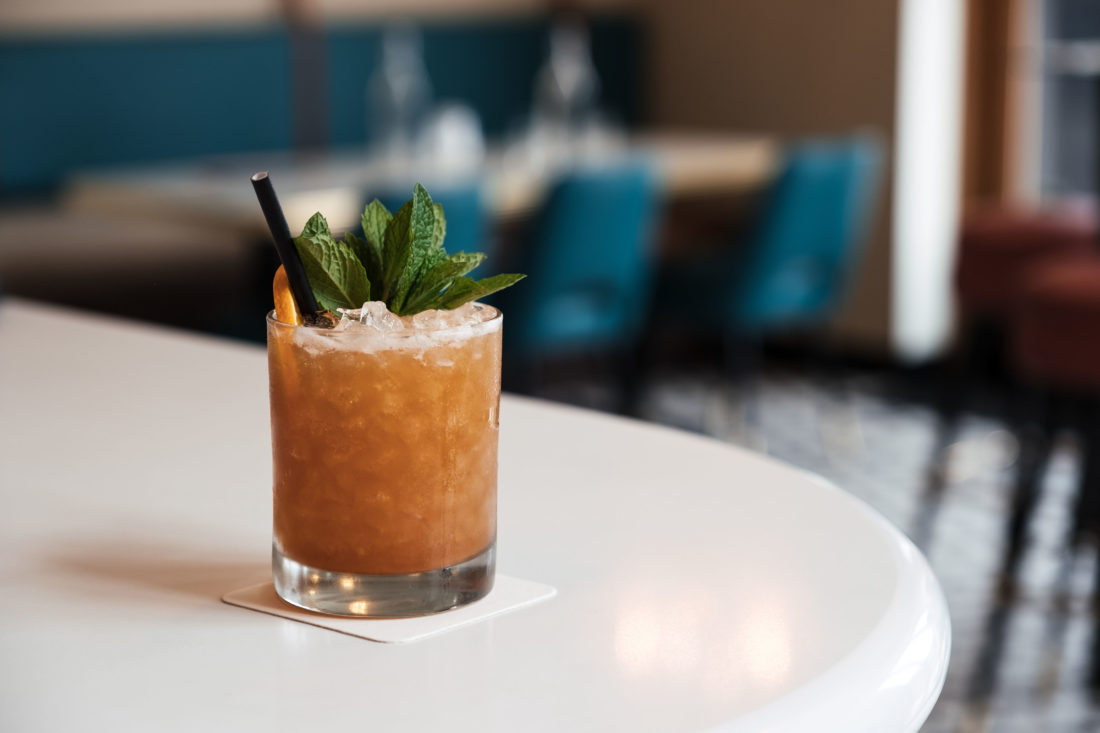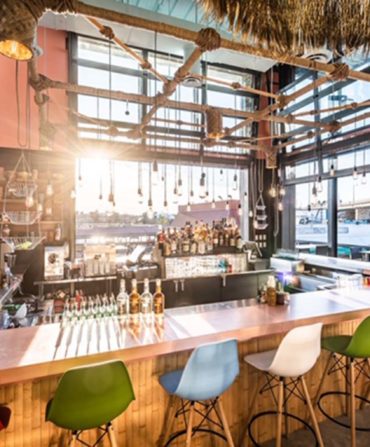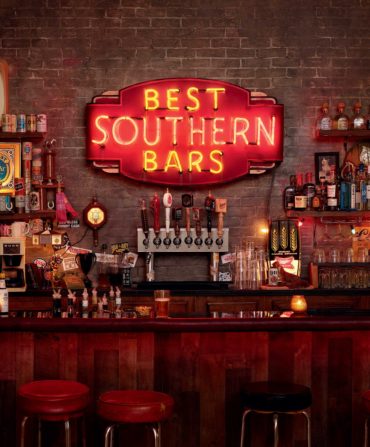Julio Cabrera is improving your drinking experience. The Cuban-born, Miami-based bar entrepreneur has instructed dozens of Americans in the ways of traditional Cuban bartending, organizing and leading some twenty trips to his homeland in recent years. Visiting bartenders spend time mastering drink-making techniques while experiencing fabled Cuban hospitality at the hands of revered local cantineros. And a number of Cabrera’s pupils are now spreading those traditions stateside.
A society of bartenders devoted to preserving the country’s time-honored practices, El Club de Cantineros de la República de Cuba was founded in 1924, during the height of Prohibition, when American swells flooded Cuban bars in search of a good drink (or any drink). The group survived repeal, Castro, and embargoes. Cabrera taught at one of Cuba’s top cantinero schools for sixteen years before eventually emigrating to Miami in 2006 to work with the chef Michelle Bernstein. Since then, his influence has reached well beyond South Florida.
New Orleans bartenders Nick Detrich and Chris Hannah visited Cuba several times under Cabrera’s tutelage, and with fellow barman Konrad Kantor, they opened Manolito last year in the French Quarter. Focused on authentic Cuban drinks, it’s named after the late Manuel Carbajo Aguiar, a twenty-year veteran of El Floridita in Havana.
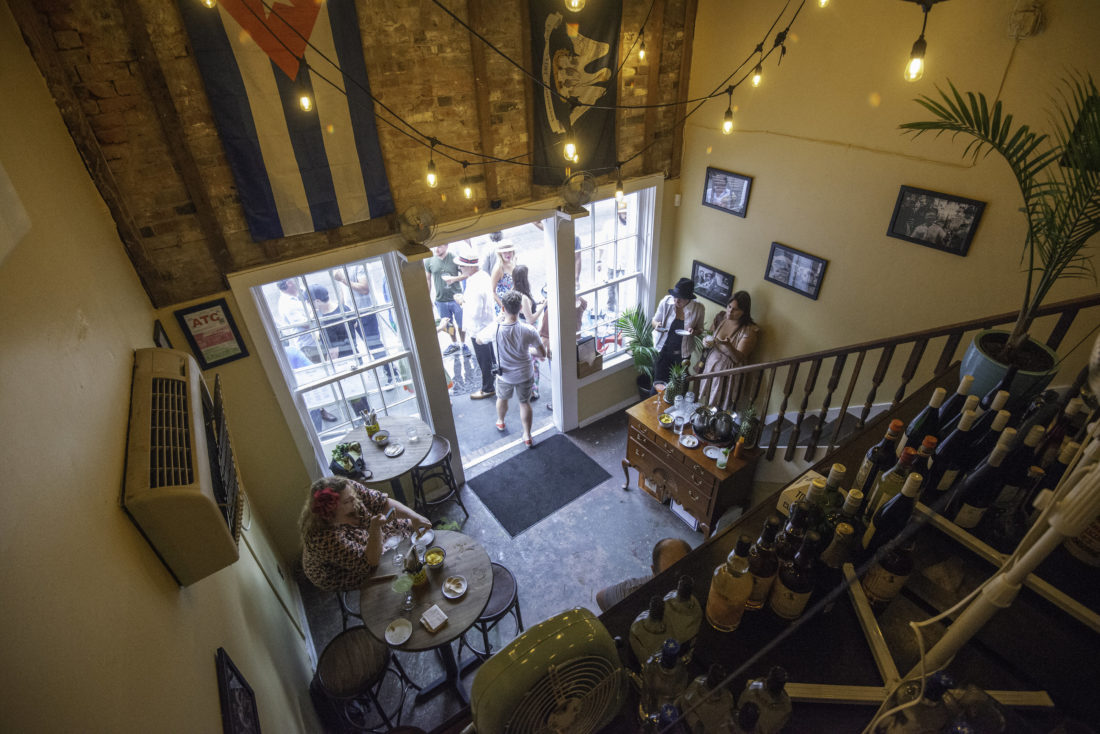
Photo: Courtesy of Manolito
Manolito from above.
TJ Palmieri visited Cuba twice with Cabrera, and in 2017 he opened Madrina’s in Gainesville, Florida. Like Manolito, his bar has a distinctly Cuban air. Palmieri likens it to what a bar in Cuba might look like if the country had access to the full range of U.S. ingredients. Another Cabrera alum, Ricky Gomez from New Orleans, also opened a Cuban bar, in Portland, Oregon, last year called Palomar.
Cabrera isn’t slowing down. He’s partnering with Bernstein to open Cafe La Trova in Miami’s Little Havana. The new space will feature two bars and an all-day café, plus its own school to formally instruct bartenders in the art of the cantinero.
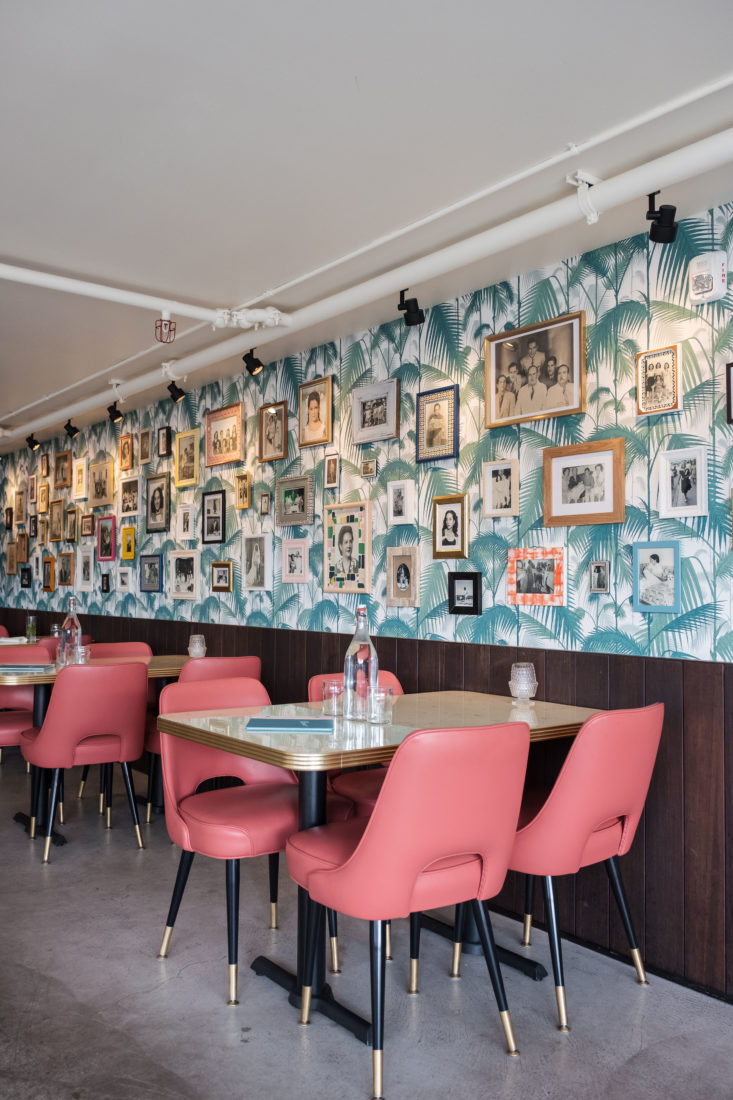
Photo: Courtesy of Jordan Hughes
Family photos from owner and first-generation Cuban American Ricky Gomez line the walls at Palomar.
“We want to be very classic and authentic, so [our staff] will have to respect a lot of rules,” Cabrera says. Those rules include no facial hair, always wearing long sleeves and never rolling them up, and no sneakers. “Grooming and outfit are very important,” he says. “But most important for cantineros is hospitality.”


